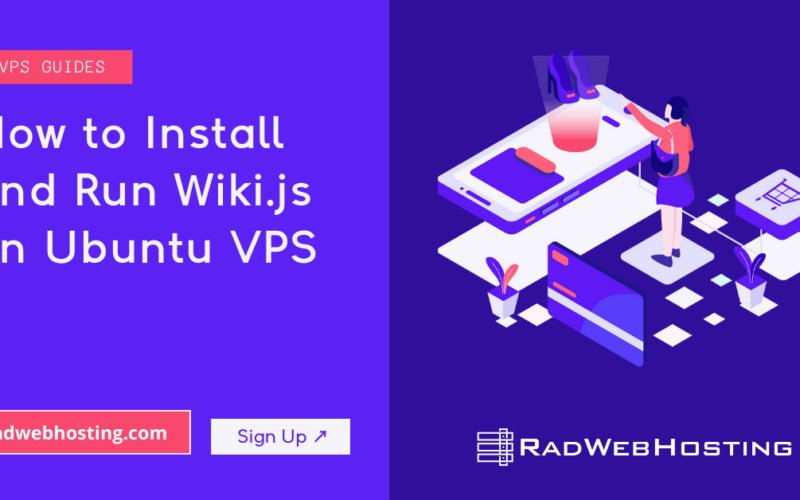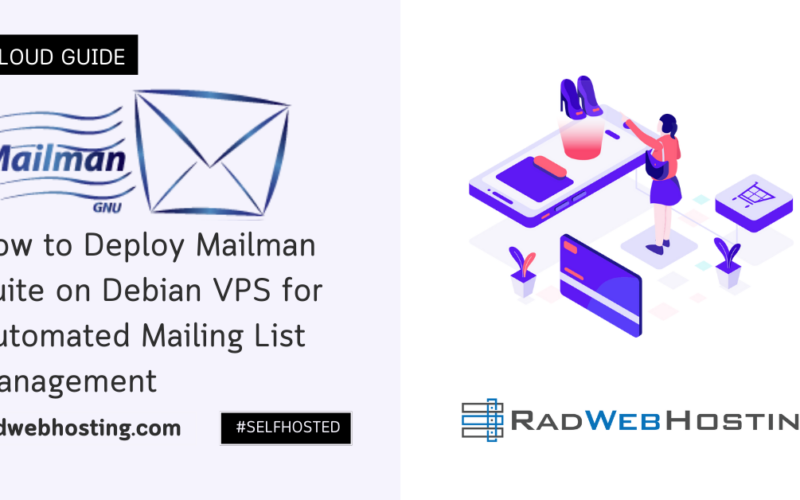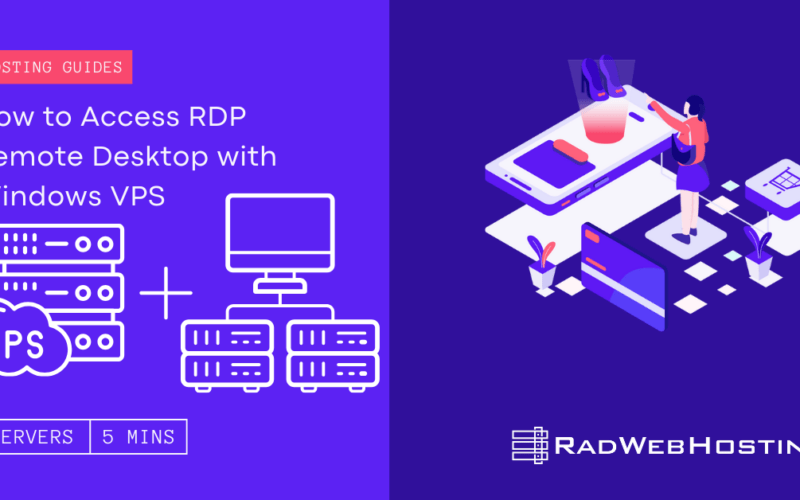What is Rocket.Chat?
Rocket.Chat is an open-source communication platform designed for team collaboration and messaging, similar to Slack or Microsoft Teams. It offers a flexible, self-hosted alternative for businesses, communities, and developers who want full control over their data and communication infrastructure.
Key Features:
- Real-time chat (channels, private groups, direct messages)
- Voice and video conferencing (via Jitsi or native integrations)
- File sharing and screen sharing
- End-to-end encryption
- Extensive customization through themes, roles, and permissions
- Powerful integrations (GitHub, GitLab, Zapier, Jira, etc.)
- Mobile and desktop apps
- Federation support (communicate across different Rocket.Chat servers)
Use Cases:
- Team collaboration (remote or on-premise)
- Customer support chat (via website widget)
- Community engagement (for open-source or educational platforms)
- Secure internal messaging (for enterprises and regulated industries)
Hosting Options:
- Self-hosted (on your own VPS server)
- Cloud-hosted (Rocket.Chat offers managed hosting)
It’s ideal for organizations seeking a secure, open-source, and customizable communication solution that doesn’t rely on third-party SaaS providers.
✅ Prerequisites
Ensure you have:
- A Debian 12 VPS (1GB+ RAM minimum; 2GB+ recommended)
- Root access or sudo privileges
- A domain/subdomain (optional but recommended)
- A static IP address
🚀 How to Install and Run Rocket.Chat on Debian VPS
To install and Run Rocket.Chat on Debian VPS, follow the steps below:
-
Update System Packages
sudo apt-get update && sudo apt-get upgrade -y
-
Install Required Dependencies
sudo apt-get install gnupg curl build-essential graphicsmagick -y
-
Install Node.js
Rocket.Chat supports Node.js v22. We’ll use NodeSource:
curl -fsSL https://deb.nodesource.com/setup_22.x | sudo -E bash - sudo apt-get install -y nodejs
Verify installation:
node -v npm -v
-
Install Deno
Custom Deno install script automates supported version installation:
curl -fsSL https://gist.githubusercontent.com/radwebhosting/d3b211bd2e2ac6e5f22b6b259e7d4a64/raw/2eb39985ba0b477aad633ef8bbe322d06ee8efa0/install-deno.sh | sh
-
Install MongoDB
- To import the MongoDB public GPG key, run the following command:
curl -fsSL https://www.mongodb.org/static/pgp/server-7.0.asc | \ sudo gpg -o /usr/share/keyrings/mongodb-server-7.0.gpg \ --dearmor
- Create the list file for Debian 12 (Bookworm):
echo "deb [ signed-by=/usr/share/keyrings/mongodb-server-7.0.gpg ] http://repo.mongodb.org/apt/debian bookworm/mongodb-org/7.0 main" | sudo tee /etc/apt/sources.list.d/mongodb-org-7.0.list
- Reload local package database:
sudo apt-get update
- Install the preferred MongoDB version:
sudo apt-get install -y \ mongodb-org=7.0.22 \ mongodb-org-database=7.0.22 \ mongodb-org-server=7.0.22 \ mongodb-mongosh \ mongodb-org-shell=7.0.22 \ mongodb-org-mongos=7.0.22 \ mongodb-org-tools=7.0.22 \ mongodb-org-database-tools-extra=7.0.22
- To prevent unintended breaking updates, it is recommended to pin the package at the currently installed version:
echo "mongodb-org hold" | sudo dpkg --set-selections echo "mongodb-org-database hold" | sudo dpkg --set-selections echo "mongodb-org-server hold" | sudo dpkg --set-selections echo "mongodb-mongosh hold" | sudo dpkg --set-selections echo "mongodb-org-mongos hold" | sudo dpkg --set-selections echo "mongodb-org-cryptd hold" | sudo dpkg --set-selections echo "mongodb-org-tools hold" | sudo dpkg --set-selections echo "mongodb-org-database-tools-extra hold" | sudo dpkg --set-selections
- Configure MongoDB to enable replication and specify the replication set as
rs01, so that/etc/mongod.confresembles the following:# mongod.conf # Where and how to store data. storage: dbPath: /var/lib/mongodb # where to write logging data. systemLog: destination: file logAppend: true path: /var/log/mongodb/mongod.log # network interfaces net: port: 27017 bindIp: 127.0.0.1 # Replace with your IP address # how the process runs processManagement: timeZoneInfo: /usr/share/zoneinfo # Replication settings replication: replSetName: rs01
- Enable and start MongoDB:
sudo systemctl enable --now mongod sudo systemctl restart mongod
- Next, initialize the replica set:
mongosh --eval "printjson(rs.initiate())"
- Verify status:
sudo systemctl status mongod
- To import the MongoDB public GPG key, run the following command:
-
Download and Extract Rocket.Chat
For stability and compatibility, it is recommended to install a specific version (view Release Document for available versions):
sudo curl -L https://releases.rocket.chat/7.9.0/download -o /tmp/rocket.chat.tgz tar -xzf /tmp/rocket.chat.tgz -C /tmp cd /tmp/bundle/programs/server && npm install sudo mv /tmp/bundle /opt/Rocket.Chat
-
Create Rocket.Chat User
sudo useradd -M rocketchat && sudo usermod -L rocketchat sudo chown -R rocketchat:rocketchat /opt/Rocket.Chat
Depending on how you install NodeJS, the binary path may be different. Save the path to a variable:
NODE_PATH=$(which node)
-
Configure Environment Variables
Create a systemd service file:
cat << EOF |sudo tee -a /lib/systemd/system/rocketchat.service [Unit] Description=The Rocket.Chat server After=network.target remote-fs.target nss-lookup.target nginx.service mongod.service [Service] ExecStart=$NODE_PATH /opt/Rocket.Chat/main.js StandardOutput=journal StandardError=journal SyslogIdentifier=rocketchat User=rocketchat [Install] WantedBy=multi-user.target EOF
Update the Rocket.Chat file by running:
sudo systemctl edit rocketchat
Update the file with the information below and save it:
[Service] Environment=ROOT_URL=http://localhost:3000 Environment=PORT=3000 Environment=MONGO_URL=mongodb://localhost:27017/rocketchat?replicaSet=rs01 Environment=MONGO_OPLOG_URL=mongodb://localhost:27017/local?replicaSet=rs01 # The `MONGO_OPLOG_URL` variable is not required. It has been deprecated and will be removed in the version 8.0.0
-
Enable and Start Rocket.Chat
Start Rocket.Chat:
sudo systemctl enable --now rocketchat
Check status:
sudo systemctl status rocketchat
If the Rocket.Chat configuration is edited, reload the daemon and restart Rocket.Chat using the following commands:
sudo systemctl daemon-reload sudo systemctl restart rocketchat
-
Install Nginx
Install Nginx:
sudo apt-get update sudo apt-get install nginx -y
-
Reverse Proxy with Nginx
Create the config file:
sudo nano /etc/nginx/sites-available/rocketchat
Paste the following (replace
your-domain.com):server { listen 80; server_name your-domain.com; location / { proxy_pass http://localhost:3000/; proxy_http_version 1.1; proxy_set_header Upgrade $http_upgrade; proxy_set_header Connection "upgrade"; proxy_set_header Host $host; proxy_set_header X-Real-IP $remote_addr; proxy_set_header X-Forward-For $proxy_add_x_forwarded_for; proxy_set_header X-Forward-Proto http; proxy_set_header X-Nginx-Proxy true; proxy_redirect off; } }Enable the config:
sudo ln -s /etc/nginx/sites-available/rocketchat /etc/nginx/sites-enabled/rocketchat sudo nginx -t sudo systemctl restart nginx
-
Add SSL
Install Certbot and Nginx plugin:
sudo apt-get update sudo apt-get install certbot python3-certbot-nginx -y
Install a free Let’s Encrypt SSL certificate:
sudo certbot --nginx -d your-domain.com
Certbot will automatically adjust your Nginx config and reload Nginx.
-
Access Rocket.Chat
Go to:
📱 https://your-domain.com
or
🖥️ http://your-server-ip:3000 (if domain not configured)Rocket. Chat setup wizard Complete the web setup wizard.
-
Optional: Enable Auto-start on Boot
Make sure Rocket.Chat and MongoDB auto-start:
sudo systemctl enable rocketchat sudo systemctl enable mongod
🔧 Troubleshooting Tips
- Rocket.Chat not starting? Run:
journalctl -u rocketchat -fto view logs. - MongoDB connection error? Ensure MongoDB is running and accessible.
- Web UI issues? Make sure you set correct
ROOT_URL.
📌 Summary
| Component | Installed Location |
|---|---|
| Rocket.Chat | /opt/Rocket.Chat/ |
| Node.js | /usr/bin/node |
| MongoDB | Localhost port 27017 |
| Nginx Config | /etc/nginx/sites-available/rocketchat |
Conclusion
You now know how to install and run Rocket.Chat on Debian VPS.












[…] A Rocket.Chat instance (See: How to Install and Run Rocket.Chat) […]